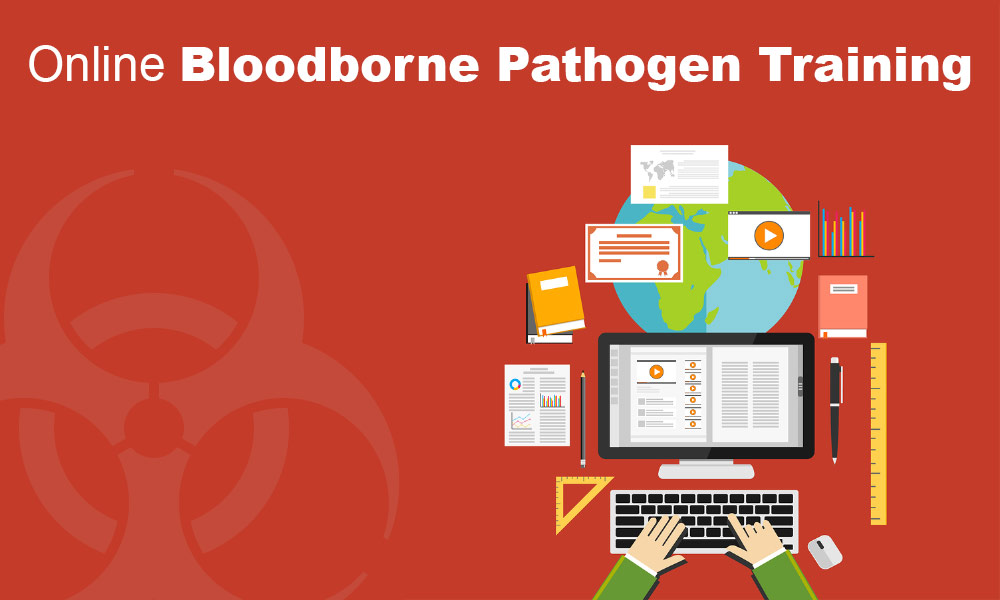Are you looking to enter a new industry requiring constant vigilance over the risks of bloodborne pathogens? Do you work in an industry where you often come in contact with bloodborne pathogens but have no training? If so, then you need to take bloodborne pathogens training.
This training helps ensure those working with high-risk patients have the top knowledge and protection to stay safe. Any employee who comes into contact with bloodborne pathogens should go through this training.
This article will delve beneath the surface of what bloodborne pathogen training entails. Read on to discover what you need to be prepared for.
Who Needs Bloodborne Pathogens Training?
Bloodborne pathogens training is essential for anyone who works with:
- human blood
- bodily fluids
It is also essential to anyone who works with materials that have been contaminated with those fluids. Anyone working in a medical setting is most likely to need bloodborne pathogen training as well as:
- healthcare professionals
- first responders
- laboratory technicians
This training may also be necessary for the following:
- janitorial staff
- funeral directors
And to others who may come into contact with human blood or bodily fluids.
Bloodborne pathogen training is important in protecting workers. Specifically, those who may be exposed to dangerous and infectious materials daily.
What Topics Are Covered in Bloodborne Pathogen Training?
This training offers an overview of the risks associated with exposure to bloodborne pathogens like:
- HIV
- Hepatitis B
It covers various topics, such as the transmission of illnesses and the duties of a Bloodborne Pathogens Safety Officer. It also covers the following:
- protective garments
- disinfection of contaminated surfaces
- medical procedures
- emergency care
- safety protocols
It can also involve training on the proper disposal of contaminated materials, as well as emergency response procedures and the following:
- appropriate vaccinations
- appropriate treatments
- potential exposure notifications
In addition, bloodborne pathogen training can guide how to safely handle needles and other sharp objects. It also protects against infectious agents and recognizes the signs of exposure.
The Benefit of Bloodborne Pathogens Training
Bloodborne pathogen training is essential for those working in a medical setting. Healthcare providers can become educated on proper safety precautions. It will also prevent the spread of blood-borne illnesses. It also helps to understand what to do in the case of an infection.
This training is beneficial because it educates and prepares workers. It teaches us to prevent and respond to potential exposure. This helps keep everyone safe. Training can also emphasize the importance of safe work habits and potential risks.
Preparing for Bloodborne Pathogens Training
Before bloodborne pathogens training, it is important to be properly prepared. Make sure to arrive on time and dress appropriately, as some courses may have dress codes. Ensure that you will have access to materials, such as textbooks, handouts, and other supplies necessary for the course.
Research the subject of the training beforehand to get a better understanding of what will be covered. Also, consider any medical concerns you may have. Those that could be exacerbated by exposure to potentially infectious materials.
Once the training is complete, you will better understand bloodborne pathogens. You will know how to protect the following from exposure and infection:
- yourself
- coworkers
- public
Get bloodborne pathogen certification and learn more to start your journey today!
Explore More About Bloodborne Pathogen Training
Bloodborne pathogen training empowers individuals and organizations to manage these hazardous situations properly. With proper knowledge, organizations at all levels can respond quickly and safely to possible exposure.
Understand your organization’s blood-borne pathogen policies. Get the necessary training today to stay secure from blood-borne hazards.
Check out our blog for more articles!



